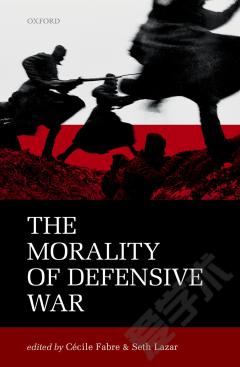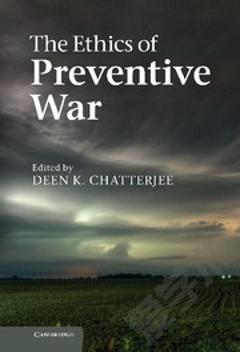Moral Victories —— The Ethics of Winning Wars
----- 道德胜利:赢得战争的伦理
What does it mean to win a moral victory? In the history, practice, and theory of war, this question yields few clear answers. Wars often begin with ideals about just and decisive triumphs but descend into quagmires. In the just war and strategic studies traditions, assumptions about victory underpin legitimations for war but become problematic in discussions about its conduct and conclusion. After centuries of conflict, we still lack a clear understanding of victory or reliable resources for discerning its moral status, its implications for conduct in war, or its relationship to changing ways of war. This book brings together an interdisciplinary group of scholars to tackle such issues. It is organized in two parts. After a synoptic introduction, Part I, âTraditions: The Changing Character of Victoryâ, charts the historically variable notion of victory and the dialogues and fissures this opens in the just war and strategic canons. Individual chapters analyse the importance of victory in the Bible, Clausewitzâs strategy, the political uses of defeat, arguments for unlimited war, revisionist just war theory, and contemporary norms against fights to the finish. Part II, âChallenges: The Problem of Victory in Contemporary Warfareâ, shows how changing security contexts exacerbate these issues. Individual chapters discuss ethics in unwinnable wars, the political scars of victory, whether we can âwinâ humanitarian interventions, contemporary civilâmilitary relations, victory in privatized war, and operations short of war. In both parts, contributors work towards a clearer understanding of victory, forwarding several shared themes discussed in a critical conclusion.
{{comment.content}}








 京公网安备 11010802027623号
京公网安备 11010802027623号